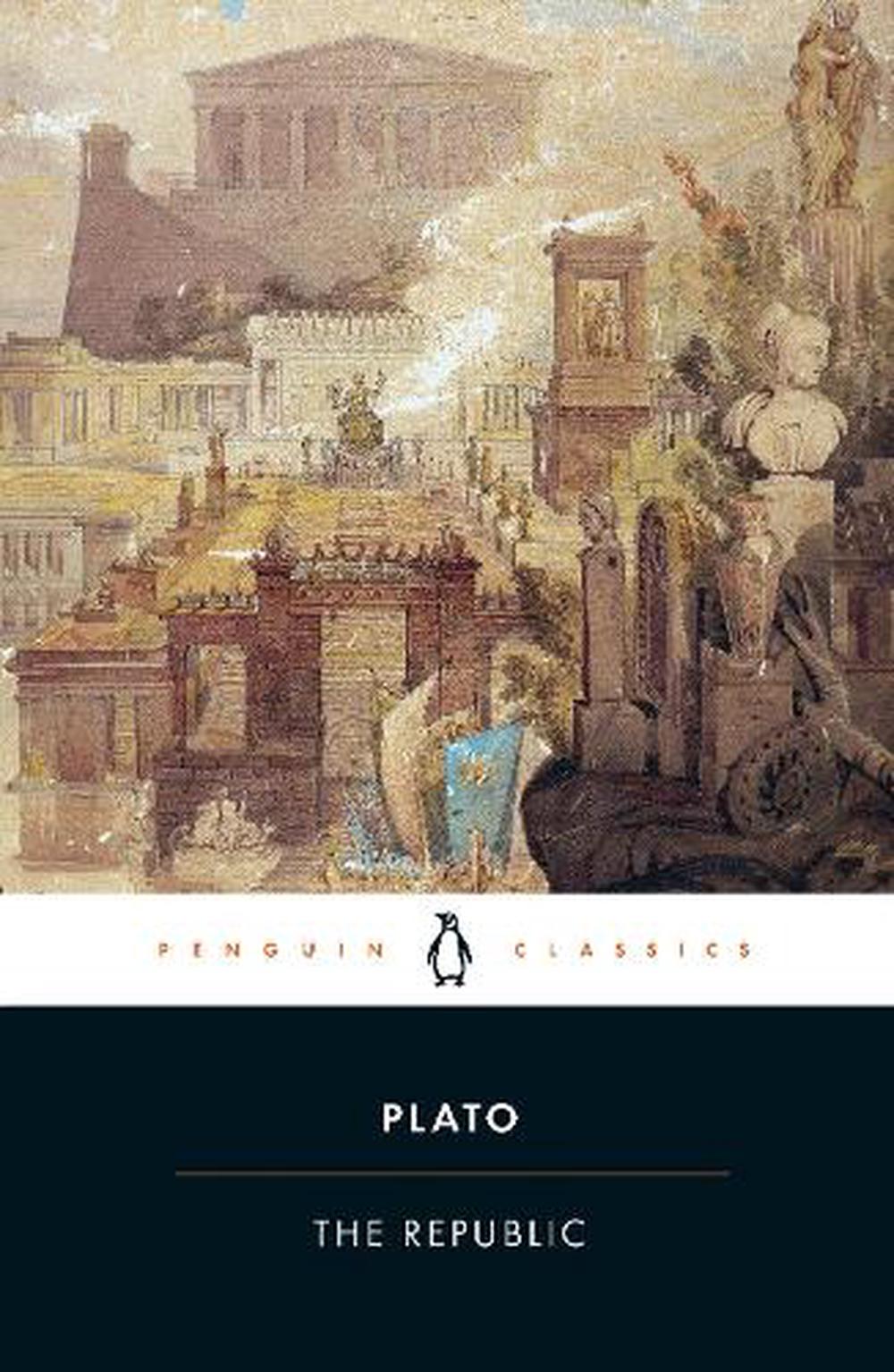
The Republic
$19.22
- Paperback
480 pages
- Release Date
18 September 2007
Summary
One of the greatest works of philosophy, political theory, and literature ever produced, Plato’s Republic has shaped Western thought for thousands of years, and remains as relevant today as when it was written during the fourth century B.C.
Plato’s Republic is widely acknowledged as the cornerstone of Western philosophy. Presented in the form of a dialogue between Socrates and three different interlocutors, it is an enquiry into the notion of a perfect community and the ideal individu…
Book Details
| ISBN-13: | 9780140455113 |
|---|---|
| ISBN-10: | 0140455116 |
| Author: | Plato, Melissa Lane, Desmond Lee |
| Publisher: | Penguin Books Ltd |
| Imprint: | Penguin Classics |
| Format: | Paperback |
| Number of Pages: | 480 |
| Edition: | 2nd |
| Release Date: | 18 September 2007 |
| Weight: | 328g |
| Dimensions: | 197mm x 129mm x 23mm |
| Series: | Penguin Classics |
About The Author
Plato
Plato (c.427-347 BC) stands with Socrates and Aristotle as one of the shapers of the whole intellectual tradition of the West. He founded in Athens the Academy, the first permanent institution devoted to philosophical research and teaching, and the prototype of all Western universities.
Desmond Lee was a fellow and tutor of Classics at Corpus Christi College, Cambridge, and later became President of St Hughes Hall, Cambridge.
Melissa Lane received her PhD in Philosophy from Cambridge University. She teaches the history of political thought and political philosophy in the History Faculty at Cambridge University, and is a Fellow of King’s College. Her books include Method and Politics in Plato’s Statesman (Cambridge, 1998) and Plato’s Progeny- how Plato and Socrates still captivate the modern mind (Duckworth, 2001).
Returns
This item is eligible for free returns within 30 days of delivery. See our returns policy for further details.




